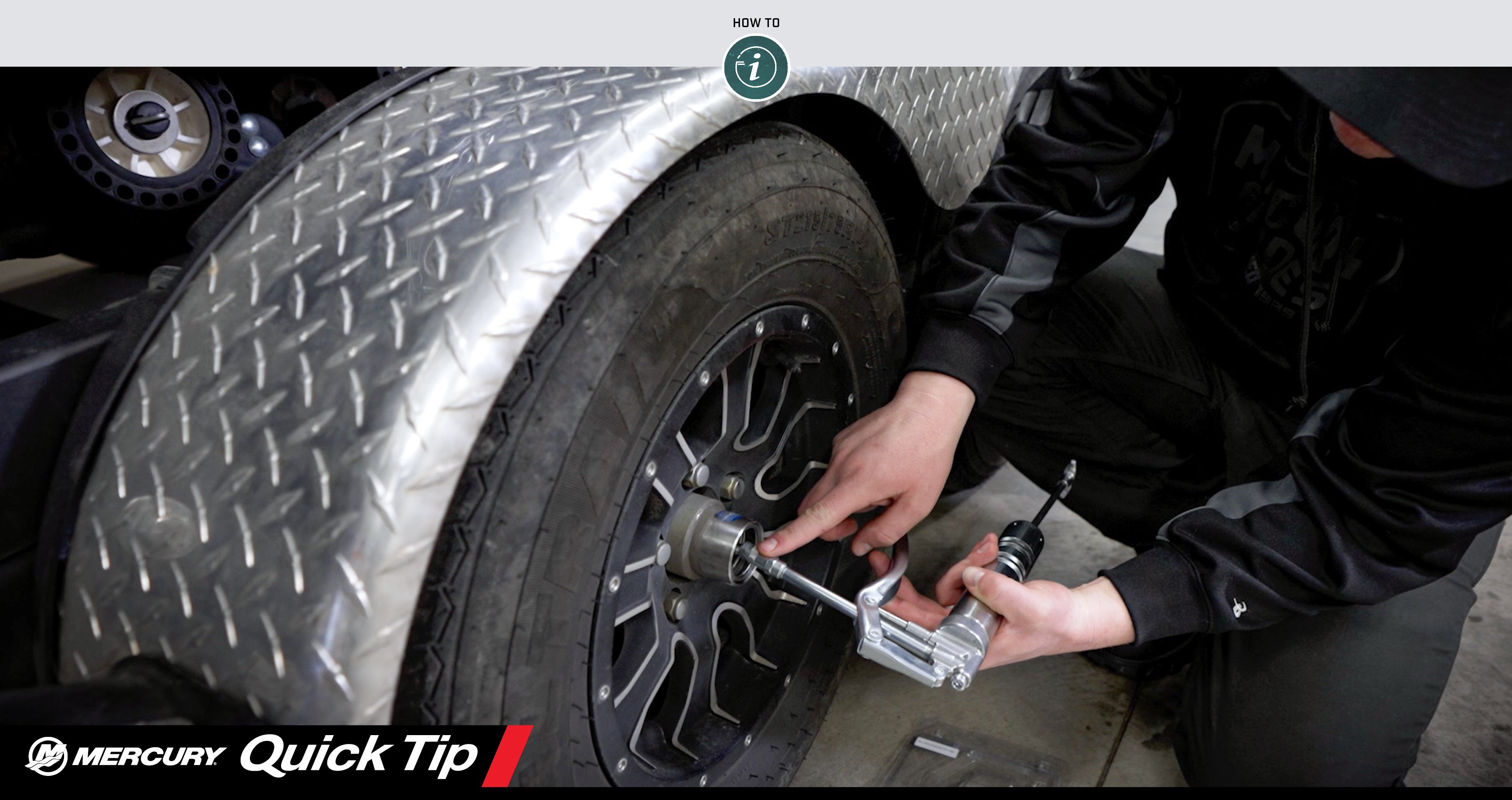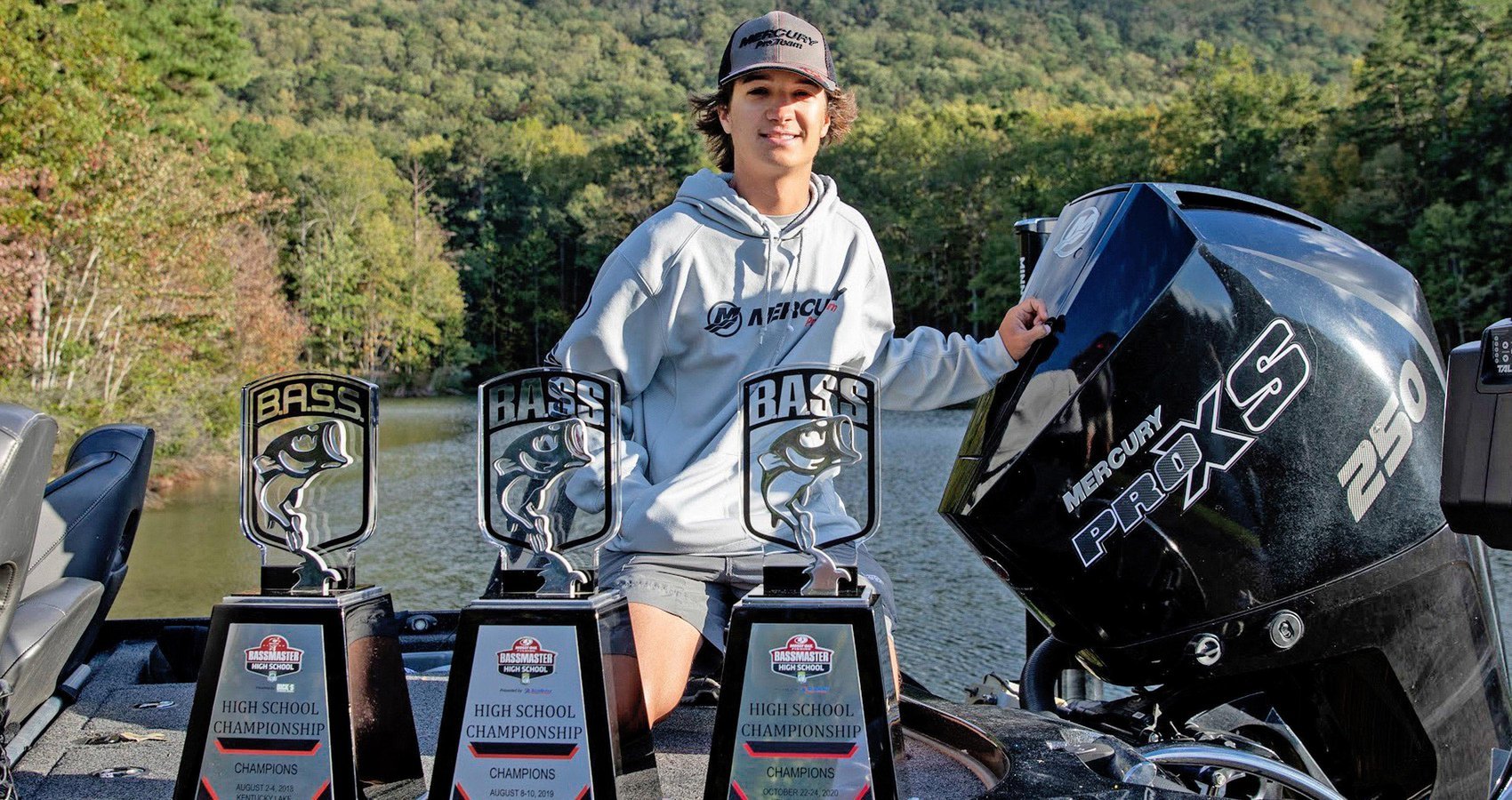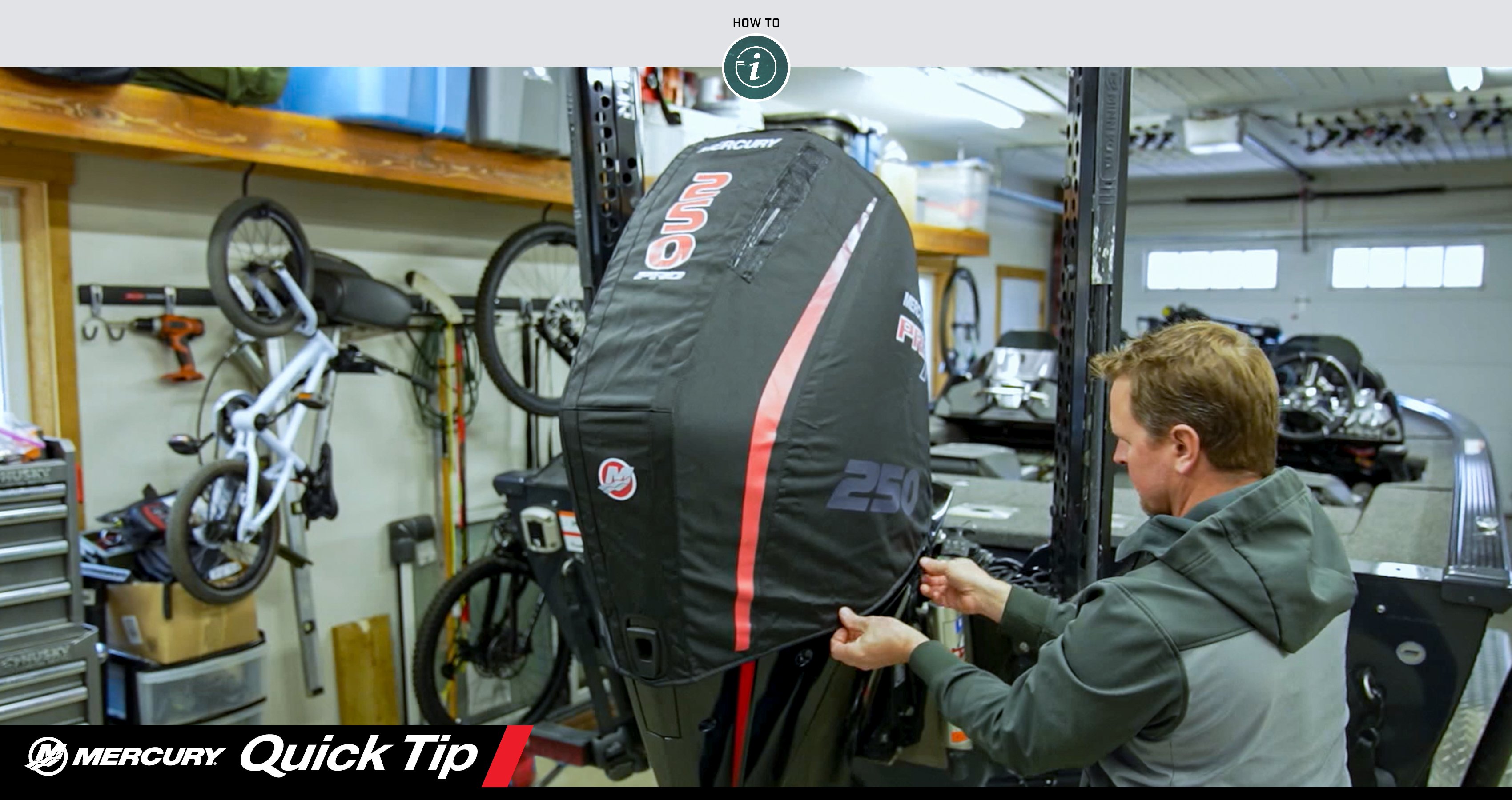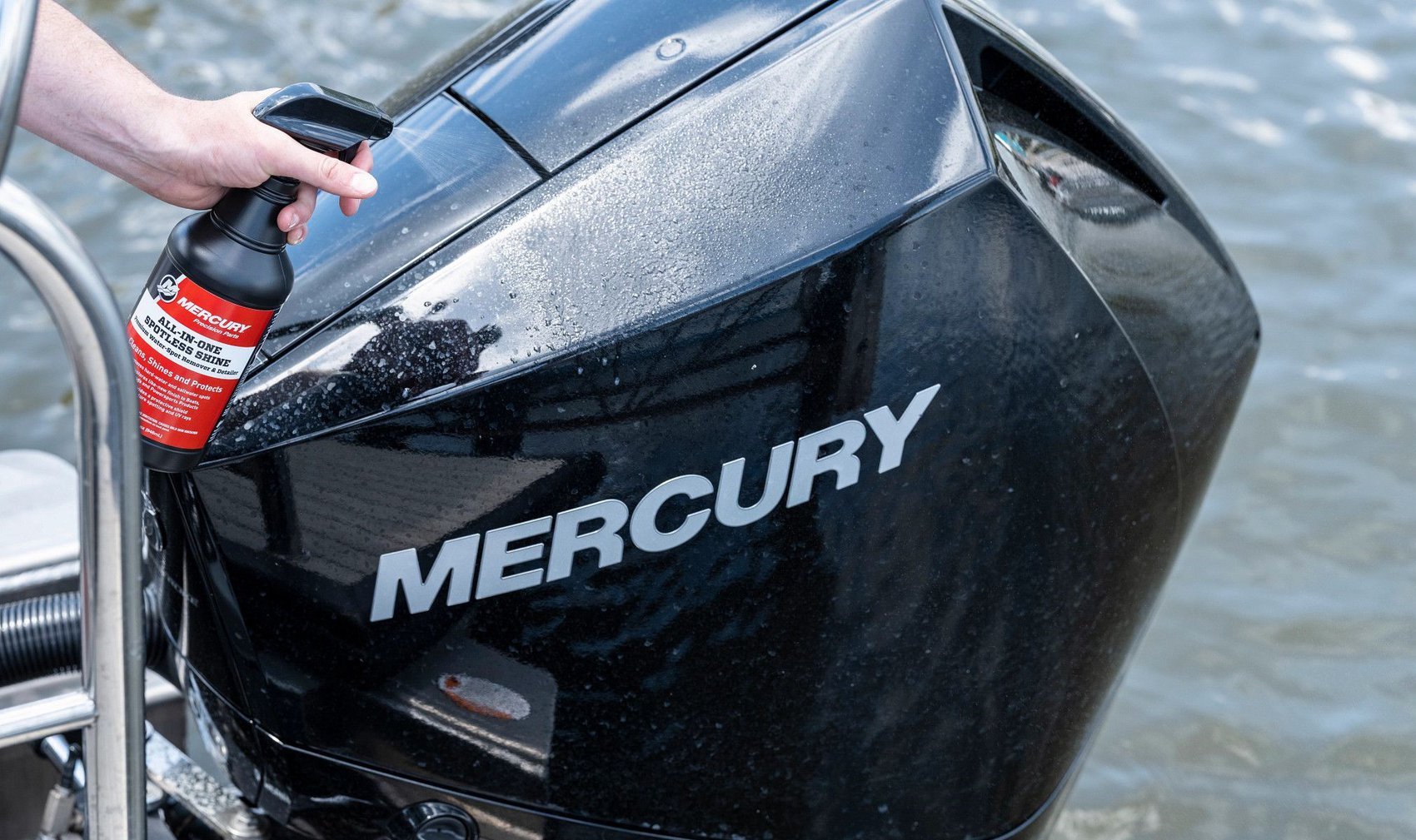We all have special reasons for boating. Whether we’re seeking fun, serenity, quality time with friends and family, filling an ice chest with fresh fish or just enjoying an awesome sunset, it’s the reason we invest the time and money. For most of us it’s priceless.
But if you can’t boat safely, you shouldn’t even hook up the trailer. Nothing is more important than the health and safety of you and those you hold dear, and a little preparation and education will ensure everyone enjoys the trip and returns home safely. With that in mind, listed below are a few pointers to help you prepare for every boating season and every trip on the water.
Before You Go
- Weather: Check the forecast well before you go and throughout the day while you’re on the water. Numerous smartphone apps provide great hyperlocal forecasts. Nobody wants to be out in a 20-knot wind – and lightning can be devastating – so don’t be afraid to call it off entirely or come in earlier than planned if the weather dictates.
- Currents and Tides: Know the water you’ll be boating on so you can be prepared for the currents you’ll encounter. If you boat on saltwater, check the tides (again, great smartphone apps are free or nearly free) so you don’t get an unhappy surprise. Many a boater has beached in the perfect location for lunch, only to realize too late they’ll be there unintentionally for dinner as well, waiting for the tide to come back in.
- Vessel Safety Features: Make sure the navigation lights work and you have spare fuses. It could keep you from getting a ticket or from getting rammed by a barge. Same goes for the horn.
- Float Plan: The Department of Natural Resources websites for most U.S. states have downloadable float plan forms you can fill out and leave with someone you trust. At the very least, make sure someone knows where you’re going and when you expect to return so they can provide that information to the proper authorities if you don’t return as planned.
- Maintenance: Make sure your boat has plenty of fuel, check the oil, check the prop nut and INSTALL THE DRAIN PLUG. (Side note: pick a “plug is out” visual reminder – like a carabiner on the steering wheel – and make it a habit.) You should also verify that the safety lanyard stop switch is in place, and test that it stops the engine as it’s supposed to. For a full list of pre-trip maintenance checks, consult your owner’s manual.
On-Board Equipment
Some of the following items are required by law, while some are optional. Consult your state DNR website for the comprehensive list of required equipment for your particular class of vessel. This is by no means an exhaustive list, but it should get you pointed in the right direction.
- Life Jackets: You must have the appropriate size and type onboard for all passengers, as well as a Type IV throwable device. In many states, passengers under a certain age must wear a personal flotation device at all times.
- GPS/Chart Plotter/Depth Finder: Electronics are much more affordable these days than in years past, so consider buying a reliable GPS-based chart plotter with a built-in depth finder. Knowing exactly where you are and the shallow spots to avoid eliminates a huge amount of the anxiety that novices and even seasoned boaters can experience. Mercury SmartCraft-equipped engines can also utilize the integrated functionality of the VesselView suite of multi-function displays. They provide detailed information on your engine and boat, and – depending on the model – can provide GPS/chart plotter capability, or seamlessly interface with compatible Simrad and Lowrance displays. It’s also a good idea to bring a paper chart as a backup.
- Fire Extinguisher: Always, always, always have a handheld portable fire extinguisher on board, fully charged, corrosion-free and within the useful life stated by the manufacturer. If your fire extinguisher has an expiration date, make sure it’s not out of date; it’s recommended that you have it checked annually by a professional. If your fire extinguisher becomes or looks compromised in any way, replace it immediately – it’s some of the best and least expensive insurance you can get.
- Flares: Carry flares on board so you can signal for help or alert other boats to your position. Flares have an expiration date – make sure yours are current.
- Whistle or Bell: Your horn won’t work if your battery is completely dead, but if you have a whistle or bell – available virtually anywhere boating accessories are sold – you can still signal for assistance.
- First Aid Kit: Fishhooks, coral and oyster shells are sharp, and they represent just a fraction of the things you hope to not run afoul of while out on the water. Always plan accordingly and keep a First Aid kit on hand.
- Paddle: If all else fails, you can propel a decent-sized boat with your body, but only if you are prepared. Acquire a paddle in advance so you’ll have that method of last resort.
- Lines and Tow Rope: You need a decent selection of dock lines, but a tow rope is also extremely useful when you or another boater is adrift.
- Communication Device: Cell phones are ubiquitous and awesome. However, if you boat where cell phone service is spotty, you can be cut off from the world. Depending on where and how you boat, consider a VHF radio and/or satellite phone.
- Anchor: An appropriately sized anchor of a type suitable for your boat and waters is a must. It not only enables you to stop and enjoy the day practically wherever you want, it will keep you from being adrift in the event you lose power.
The hope associated with any safety equipment is that you never have to use it. But being prepared just makes good sense and can ensure you are ready for most situations. Stay safe and have a great boating season.




